Understand this function of the gut to beat the bloat
Gut by Giulia Enders is one of the most interesting books that I have read this year. As a long-time IBS sufferer, I am obsessed with gut health and finding new ways to optimize my own digestive system. In the book, the author provides the lowdown on the inner working of the gut and deciphers information for ordinary people that is often reserved for scientific journals. The author refers to the gut as, “our body’s most underrated organ”, and with good reason; there are many secrets to unearth including a lesser-known function of the gut that helps control bloating.
Bloating is a chronic issue for many due to a combination of a bad diet and poor lifestyle choices. Although some cases of IBS, of which bloating is a common symptom, can be attributed to biological factors, in many cases, including mine, it can be fueled by our food choices. It’s important to look at what we eat but also how often we eat — this is the real reason that you’re bloated and here’s why.
The gut’s tiny housekeeper
The Migrating Motor Complex (MMC), a sequence of electromechanical activity in the stomach and small intestine, is responsible for maintaining a clean and tidy gut. Many scientists refer to it as the gut’s ‘little housekeeper’ as it works to sweep the undigested food from our meals and snacks onward from our stomach and small intestine to the lower parts of the digestive system. In her book, Enders writes that “an hour after the small intestine has digested something, it begins the cleanup process”. The MMC ensures that all food is processed and sent on its way into the large intestines and beyond, but critically the function only kicks in during periods of fasting, which is bad news for enthusiastic snackers.
Step away from the snacks!
In her book, Giulia Enders cautions readers about eating too regularly as, ”constant snacking means there is no time for cleaning”. Eating throughout the day interrupts the optimal function of the MMC and residual undigested food gets left behind and begins to ferment. Over time, this leads to an overgrowth of bacteria in the small intestines and creates a prime environment for bloating and other IBS symptoms. The stomach and small intestine must be completely empty before the MMC is able to get to work. A mid-morning snack will break the natural fasting periods between breakfast and lunch and will hit the MMC’s pause button.
Give your gut a break
By reviewing the frequency of your meals you will allow the MMC to function and ensure all of the food from your last meal is properly processed before you load up the stomach with more. Enders explains what happens when you fail to insert an appropriate break between meals, “if we eat something before the cleanup is finished, the housekeeper immediately stops working and returns to waiting mode”. A gap of up to 5 hours between meals is recommended to allow the MMC to complete the cleanup cycle.
Long periods of intermittent fasting also allow your gut to rest and digest. Experienced fasters experiment with restricting meals to an 8-hour window, fasting for around 16 hours overnight, or restricting all food intake for a period of 24-hours one day per week.
But this is not advised for beginners. If you’re just starting out, take small and simple steps to build more mindful eating habits that will help reduce bloating. Here are some ideas:
- Embrace the natural periods of fasting between meals and only eat when hungry
- Eat a portion of food at mealtimes that will sustain you between meals
- If you insist on a sweet treat or dessert, eat it directly after the main meal
- Chew food properly and limit distractions by not eating at your desk or in front of the TV
- Review your stress level and assess how it is impacting your digestion
To beat the bloat, use the knowledge of the MMC to do an audit of your own diet and identify the eating habits that are not serving you. Just like Marie Kondo has encouraged millions of people to tidy-up and bring order to their homes, you can apply a similar approach to cleanse your gut and get control of your diet. By building consistent eating patterns and ditching the snacks you will enable the MMC to fulfill its function as the gut’s ‘little housekeeper’ and only then will you begin to banish the bloat for good.
Source : Medium







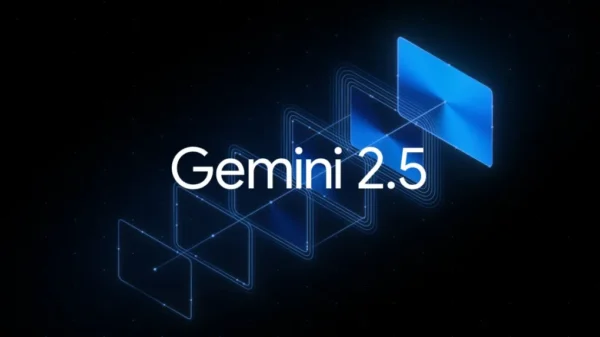



















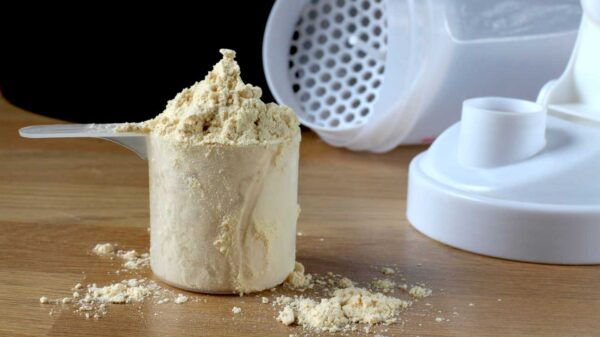


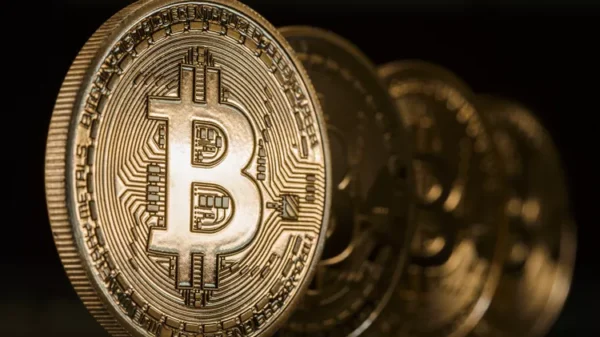




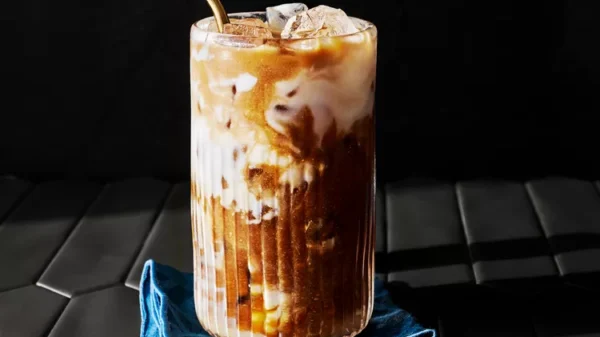
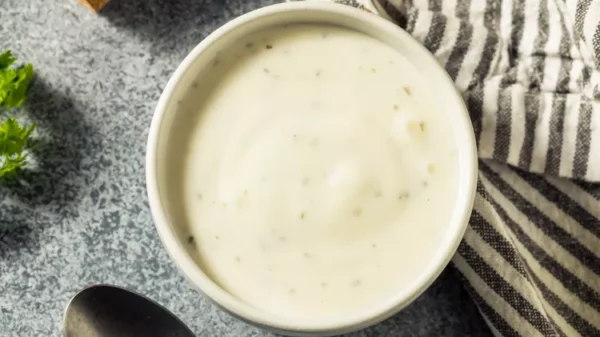

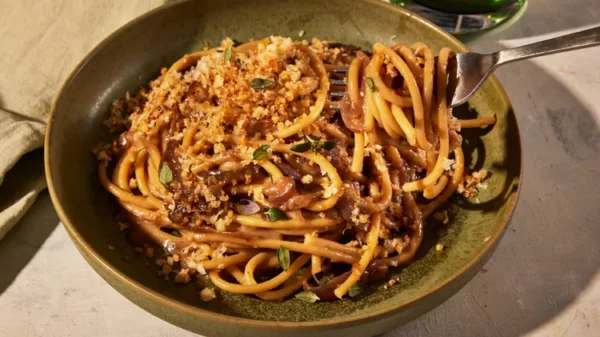















You must be logged in to post a comment Login